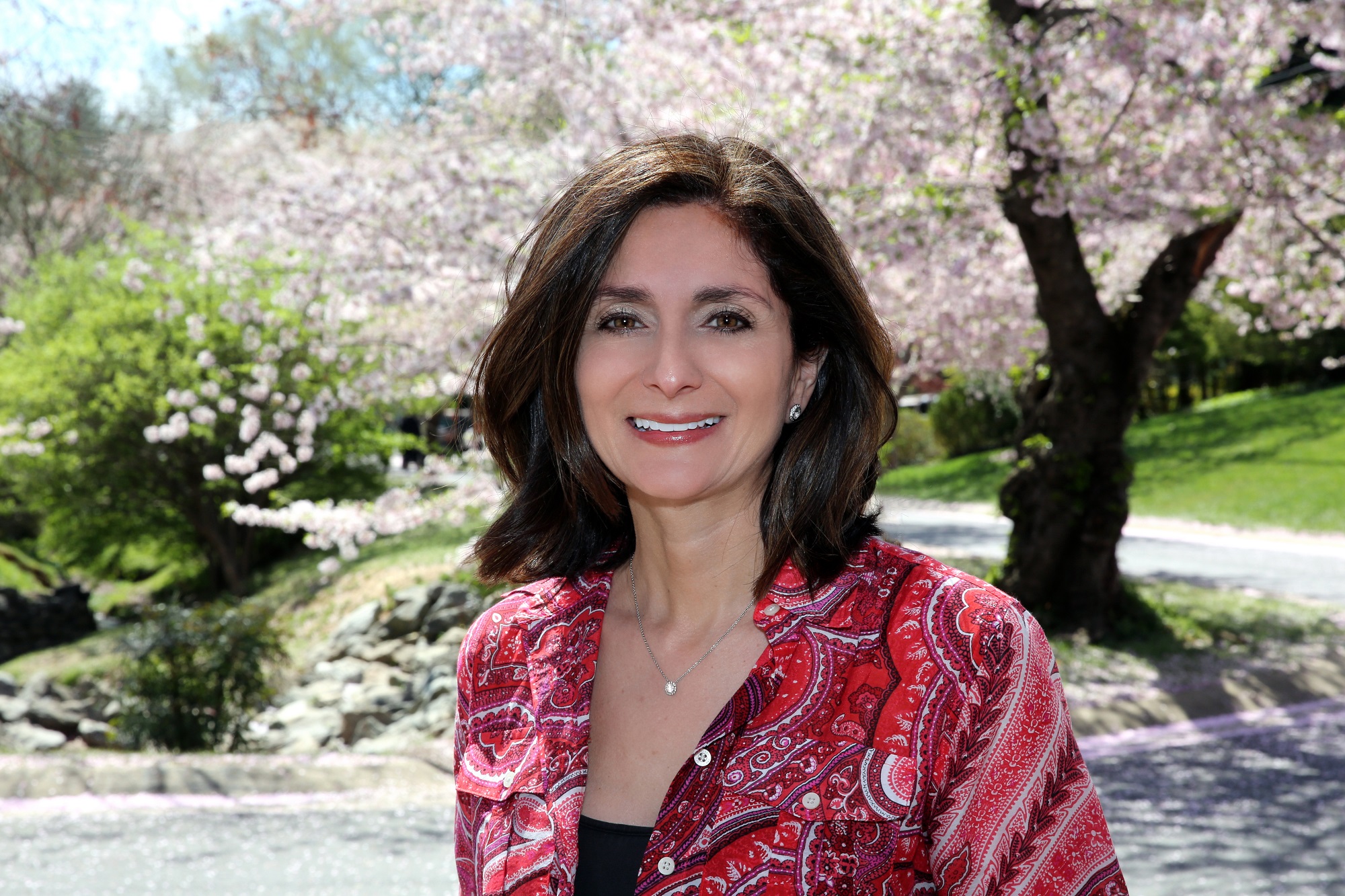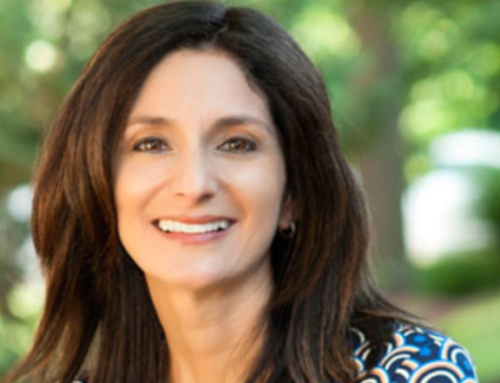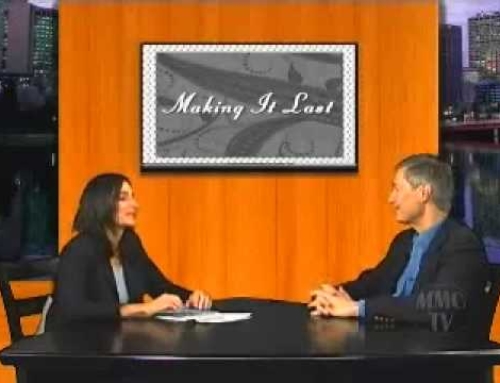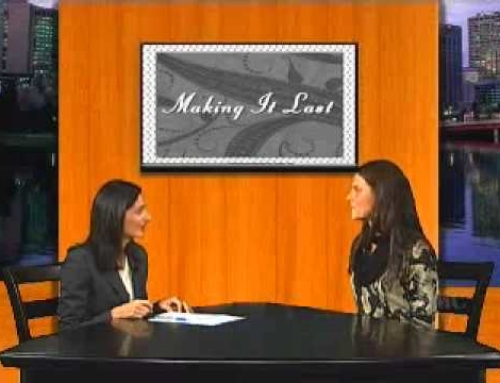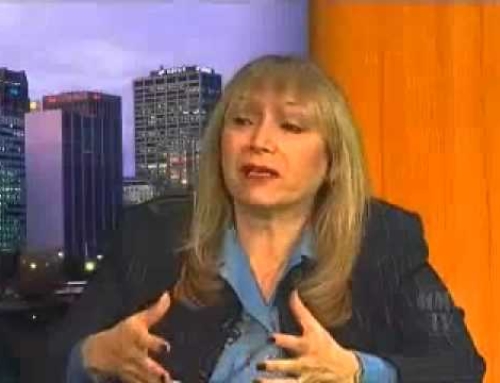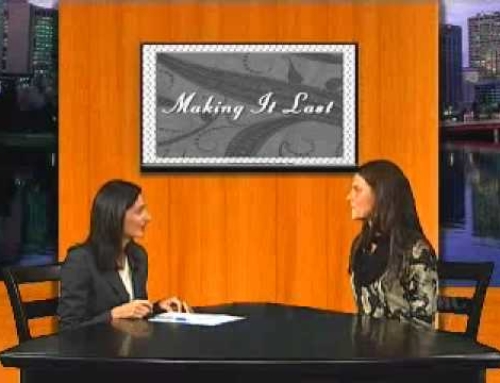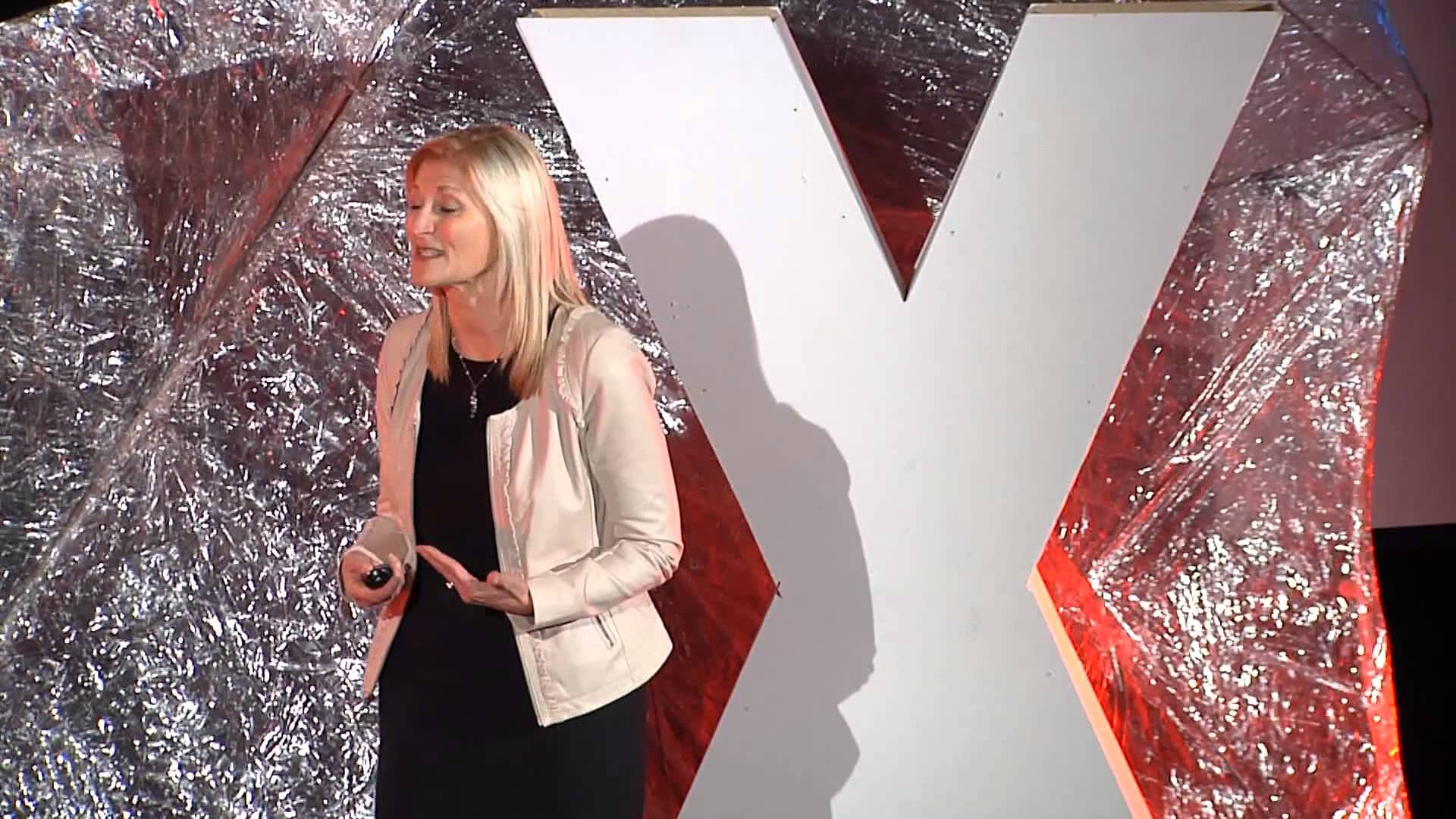This fall, as I gear up for my new round of lectures, I am really excited to share my views on what we call the “paradigm shift” from litigator to collaborator. As a litigator, I was intially trained to hear my client’s story and figure out his/her desired outcome. It was then my job to zealously represent that person and get the best possible result for that one person. But over time, I realized that most people going through a divorce are in an incredibly emotional state; they are going through a tragic phase in their lives, and they cannot always see things clearly or use their best judgment. They can barely comprehend what is going on from their own perspective, let alone try to explain what might be going on from the other person’s point of view.
The games of strategy in litigation are endless, and the costs of litigation often fueled by a clients’ distorted view of reality and unrealistic expectations driven by their anger can be astronomical. I have seen several cases where the parties each spend $300,000 or more in litigation fees. The only ones who truly win at the end of the day in those cases are the attorneys, not the families.
I went to law school to help people, and in a divorce, I believe it is my duty to promote the family’s well being, especially when children are involved. I would like to see people dissolve their unions with dignity and grace. If they can learn to talk in a respectful manner and resolve their differences outside of a public courtroom, without using attorneys as their mouthpieces, I believe couples can salvage a tremendous amount of goodwill, especially for the sake of the kids. Getting people to focus on a win-win as a desired outcome that minimizes the loss for everyone within the family system is a much more humane and socially responsible approach.
My collaborative trainings have broadened my thinking in ways I never could have imagined. I now want to hear everyone’s concerns, understand them without passing judgments, and work in a team approach with my colleagues to help families reconfigure their ties and fairly redistribute their obligations. By internalizing these lessons and applying them in my personal life, I wound up going on an completely unintended journey. So many things that I thought mattered before are actually quite insignificant today. While I may not make as much money as my litigation oriented counterparts, I live a far more balanced, healthier life, where my focus is on creating a better future for children of my son’s generation.
Many litigators try to claim that collaborators are just scared of the courts, but as a wise colleague once pointed out to me, it is actually the litigators that are afraid to collaborate. They should be afraid– very afraid, for the more the public becomes aware of this alternative resolution model, the less people will waste their time and money fighting battles in court that are not worth fighting.
Courts make mistakes– I am living proof of that fact. In 1978 a court decided there was insufficient evidence for a finding of paternity, and so I was left to live a life for 38 years without a father. Only by learning to seek understanding, without passing judgment, was I finally able to approach this man to get answers to my own past. The result of my efforts far surpassed any expectations I could have had in this reunification process. Not only do I finally have my father in my life, but an amazing set of loving and supportive relatives that have proven to be incredibly accepting, patient and kind.
The Collaborative approach has completely altered my way of thinking, and I am eternally grateful to all those that played a part in my transformation. For those that just don’t get it, I feel pity. Staying mired in the dark side is such a sad way to live. My senior year quote from Racine’s Phedre was that in later years, when I came to know myself, I would be proud of the person I came to know. For the first time in my life, I can honestly say I accomplished that goal– I wonder how many other lawyers can truly same the same?

